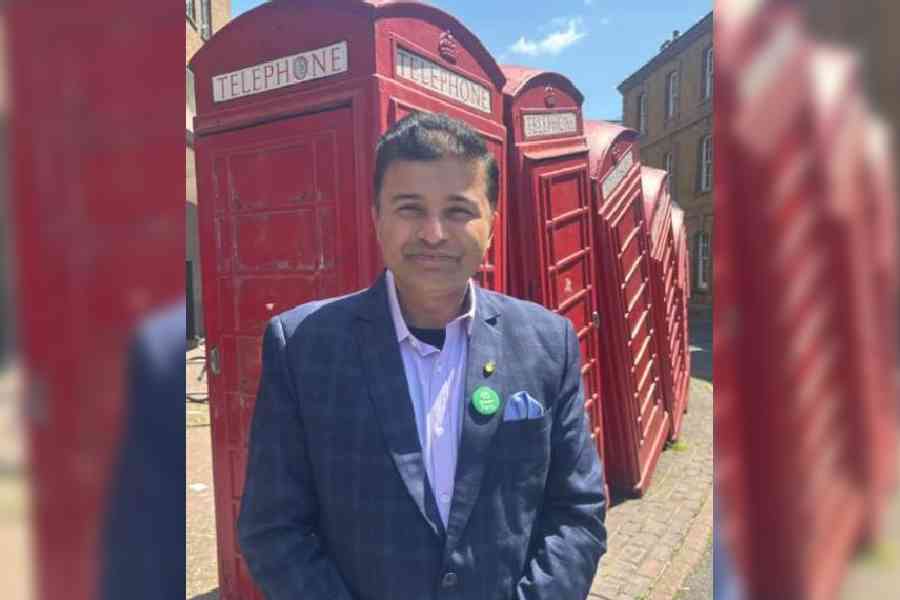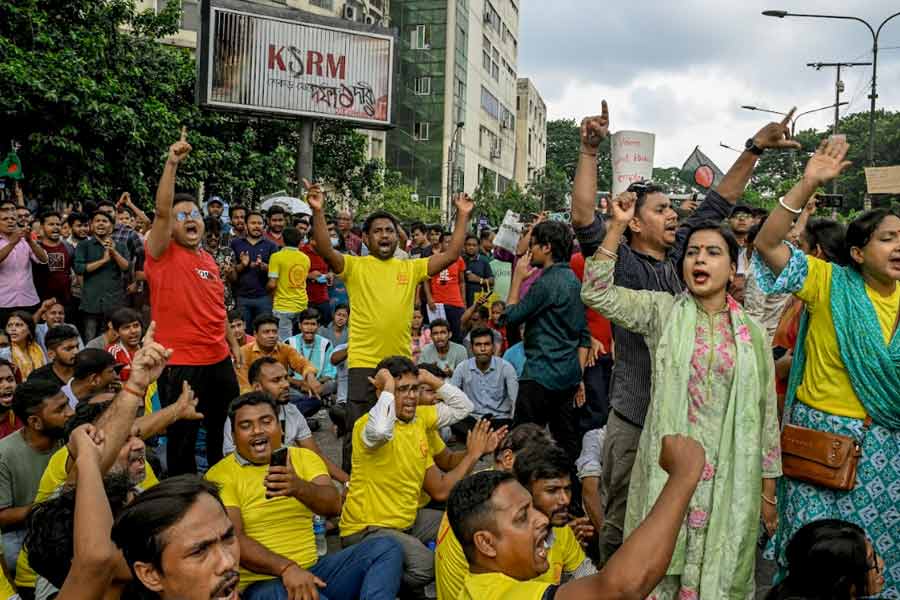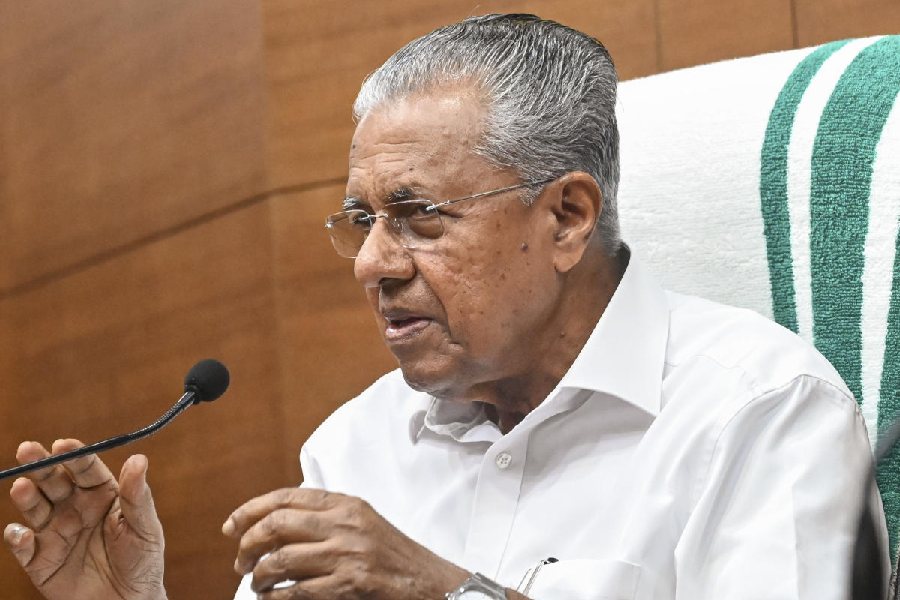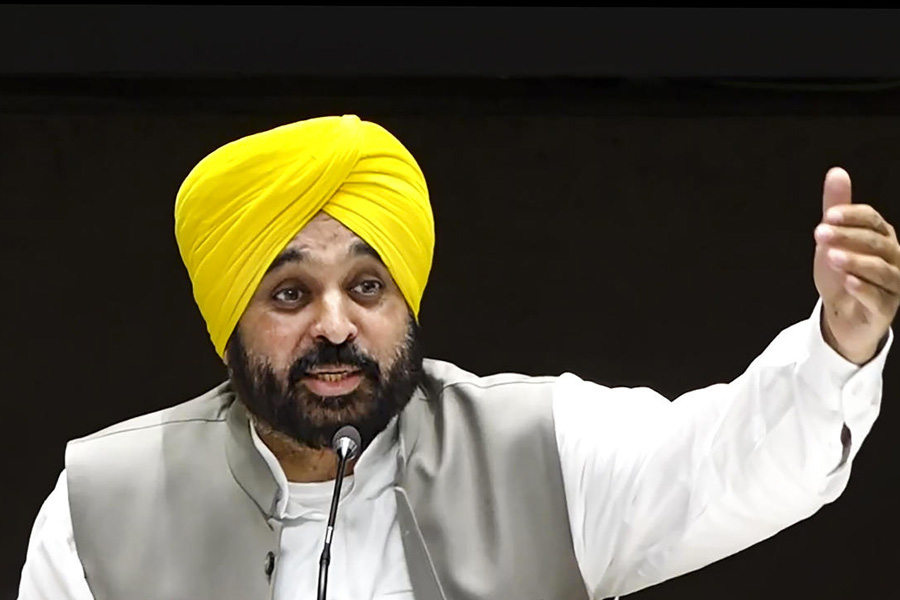Climate change in the Sunderbans was not an issue in the recently concluded Lok Sabha elections in India, but it is exerting an indirect influence on the campaign for the upcoming general elections in the United Kingdom, scheduled for July.
Debojyoti Das, a Bengali born in Shillong and a teaching fellow at Edinburgh University, who is contesting as a Green Party candidate in the UK general elections scheduled for July 4, is using his experiences of working on climate change, including climate migration as well as livelihood issues of the Sunderbans, over a decade as inputs to his ongoing campaign.
The researcher in social anthropology and geography, who earned his doctorate from the School of Oriental and African Studies (SOAS), University of London, focused on the cultural dimensions of jhum cultivation in Nagaland. His MPhil research centred on the Brahmaputra river in Assam. He is now running as a candidate for the Green Party in the Kingston and Surbiton constituency, which borders Wimbledon in Greater London.
In the upcoming elections, the Green Party is contesting from a record number of 649 out of 650 seats.
“I am using my learnings from the Sunderbans, especially the climate-change impacts, including migration-related issues in the campaign, particularly when I have been talking about the climate risk of the global south,” Das told The Telegraph on Friday.
He said he has been working on several climate change and livelihood-related projects in both the Indian and Bangladesh portions of the Sunderbans, especially fisheries, since 2012, and has organised an international consultation on the issue a few months ago.
Incidentally, the multi-racial constituency has a dominant South Asian population, including Bengalis from Bengal and Bangladesh.
One of the major election demands of the party is to achieve net-zero status of carbon emission in 2030 instead of 2050 as announced by the UK government during the Glasgow climate summit in 2021 and also organising
more support for the climate-vulnerable people in the global south for regions such as Sunderbans.
Das, who has been in England since 2007 and has a permanent residential certificate, was into politics in India too.
“I was politically active in Jawaharlal Nehru University during my studies there between 2004 and 2007 and had even contested the student elections. Here I joined the Green Party a year back when I got completely frustrated by the policies of the mainstream political parties,” Das said.
“I feel there should be more scientists and academicians in Parliament to shape the policies of the country, particularly in the environment and climate sector,” he said.
Das was nominated as the Green Party candidate after an election among the party followers in the region, where he garnered 91 per cent of the votes.
“I am quite hopeful as people are listening carefully to our demands. I have been doing door-to-door campaigns, have circulated about 53,000 leaflets to all households within my constituency and also campaigning on social media and at a few public meetings,” said Das, whose grandparents moved from Sylhet in present-day Bangladesh to Meghalaya just before partition.
The researcher claimed that the party in power and the one in the Opposition are not taking climate change seriously. According to him, they are mostly engaging in “lip service and not providing enough funds in the sector”.
Das said that the Green Party manifesto, with the catchline “Real Hope, Real Change”, has several climate policy highlights with a commitment to funding.
The 48-page manifesto commits 40-billion-pound investment every year in greener economy, a carbon tax to push out fossil fuels, high investment in green energy with 70 per cent wind energy target by 2030 and 19-billion-pound funding in green transport in the next five years apart from increasing annual subsidy for bus and railway commuters.
The document also proposes to earmark 30 per cent land and sea of the country by 2030, where nature will get the highest priority, as well as ensuring better protection of animals and setting up a new commission to ban blood sports.
“I was part of his Sunderbans climate conclave a few months back in Calcutta and wish him all the luck as the infusion of an expert like him in the political discourse will improve the environmental and climate-related outcomes,” said Parthib Basu, a professor of zoology in Calcutta University.











